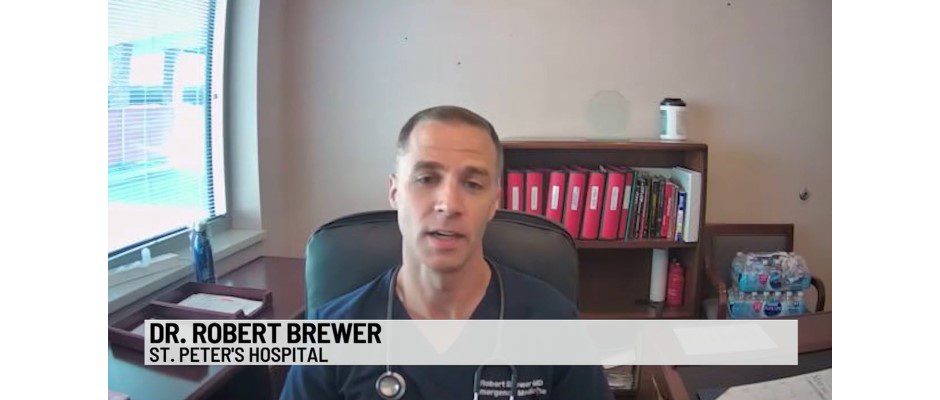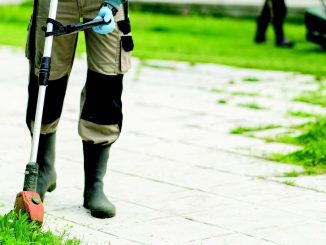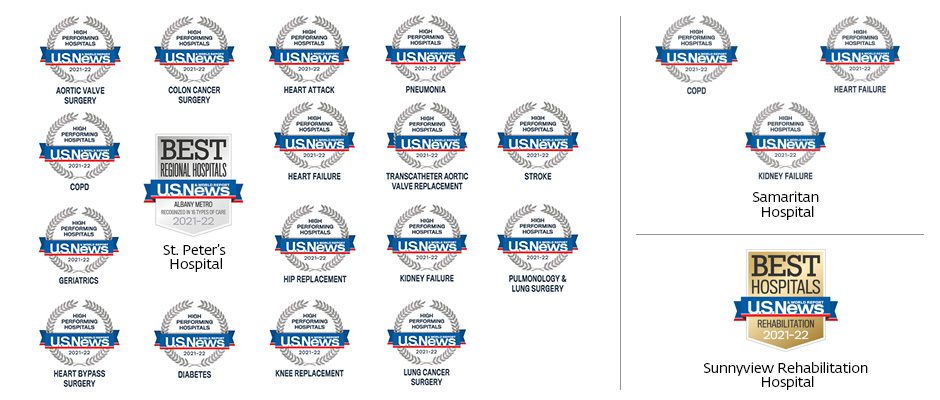
The dog days of summer have arrived! While the heat and humidity can certainly be uncomfortable, for some, the combination can be dangerous.
During times of extreme heat, doctors at St. Peter’s Health Partners want to make sure everyone, particularly those at highest risk, stay safe. That includes infants and young children, older adults, and those with chronic medical conditions. Doctors are especially concerned for patients with congestive heart failure and chronic obstructive pulmonary disease (COPD).
High heat can be very dangerous for patients diagnosed with congestive heart failure (CHF). That is because the heart has trouble adapting to extreme heat (and extreme cold!). Here are some simple tips to help keep you and your heart safe on hot, humid days.
- Stay Inside. If you absolutely must go outside, do so in the morning before temperatures reach their highest.
- Relax. Exerting yourself will add more stress to your heart when it is already working hard to keep your body cool.
- Avoid alcohol and caffeine. Both beverages have a diuretic effect which means they could make you dehydrated.
- Stay reasonably hydrated. While we often caution patients with CHF not to drink too much water, becoming dehydrated is equally risky. A good rule of thumb is to drink enough water that your urine is clear-light yellow. If your urine is the color of tea/beer, you should increase your fluid intake.
- Stay cool. Air conditioning is ideal. A fan can also be helpful to an extent. Try a cool shower or bath or place a wet cloth or ice pack under your arm.
- Eat light. Stick with smaller meals that don’t overload your stomach. Continue to avoid high-sodium foods.
- Take your medications as prescribed.
- Call your cardiologist if experiencing dizziness or excessive fatigue.
- Go to the ER if you or a loved one is experiencing confusion, passing out, or vomiting.
For patients with COPD or other respiratory diseases, the high humidity can also be dangerous. In addition to the suggestions above, doctors add:
- Use your rescue inhaler when feeling shortness of breath, wheezy, chest tightness or having excessive coughing. Check the expiration dates on all your medications as well as dose counters. REMEMBER: if the counter reads “0”, it’s empty even if there’s still a spray when actuated.
- If you find yourself needing your rescue inhaler more often than every 3-4 hours, you have an increase in mucus production, and/or your mucus is no longer white or clear, call your PCP or pulmonologist. Do not go to the ER. You will get a quicker response from your PCP or pulmonologist and eliminate possible exposure to others who are ill.
- If you live alone, be sure someone checks on you regularly.
- Have a contact person that you can call if you become worried or anxious, or just need to talk. Sometimes conversation can quell our anxiety.
- If you use oxygen, please make sure you have enough portable tanks on hand in the event of a power outage. Please contact your homecare company if additional tanks are needed.
- Again, please contact your PCP, pulmonologist, or go to the nearest urgent care center before going to the Emergency Room.





